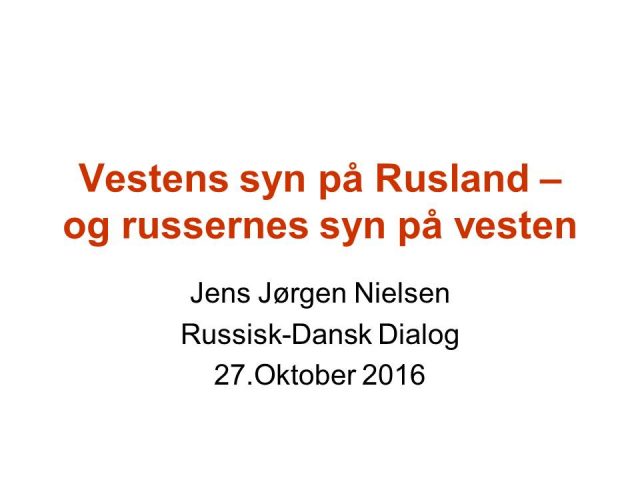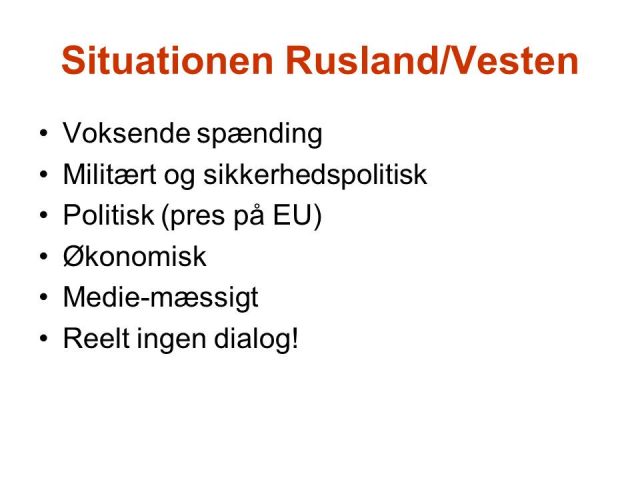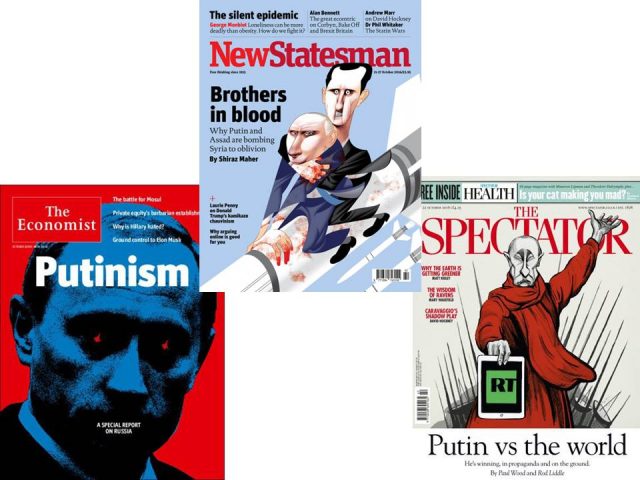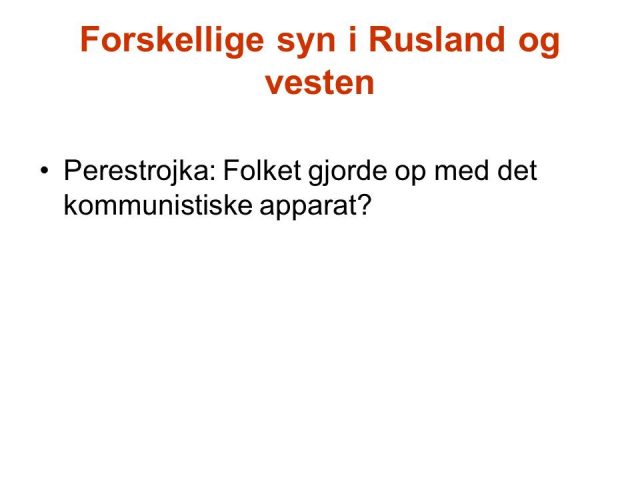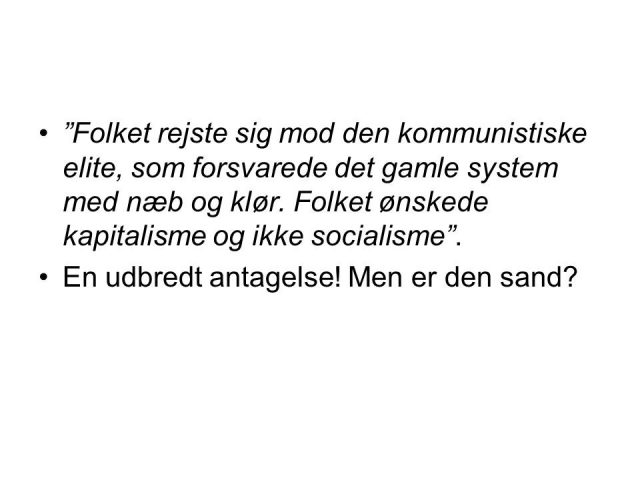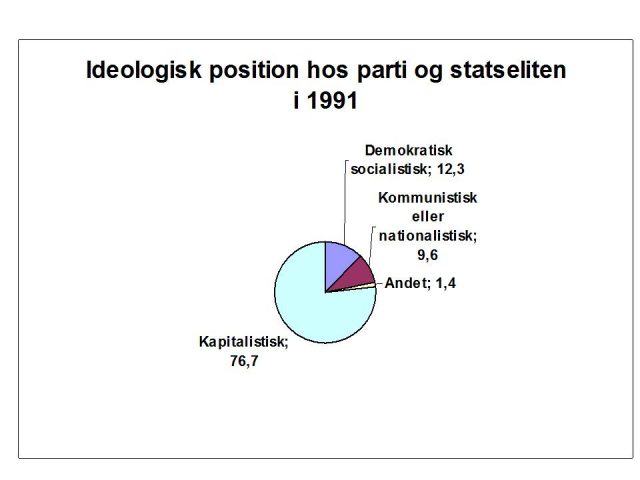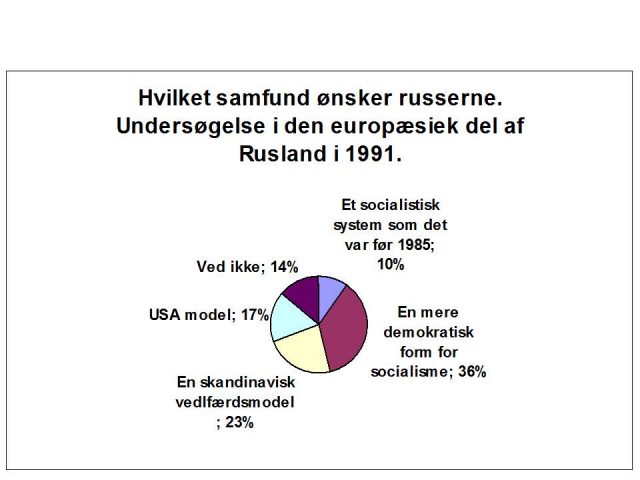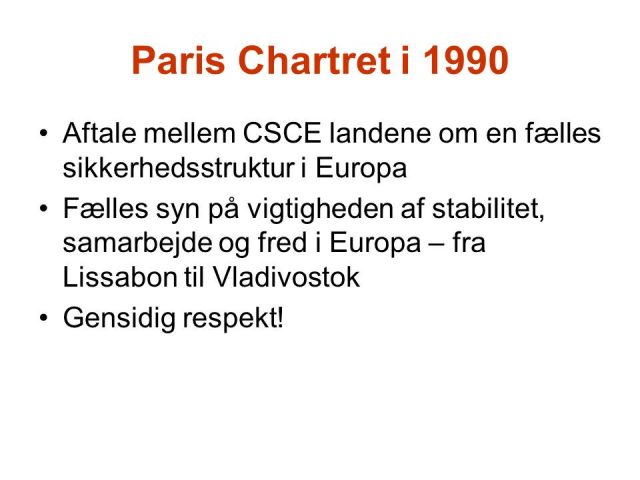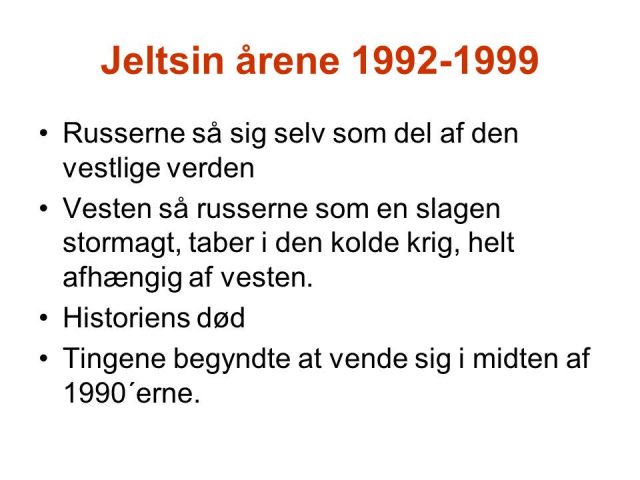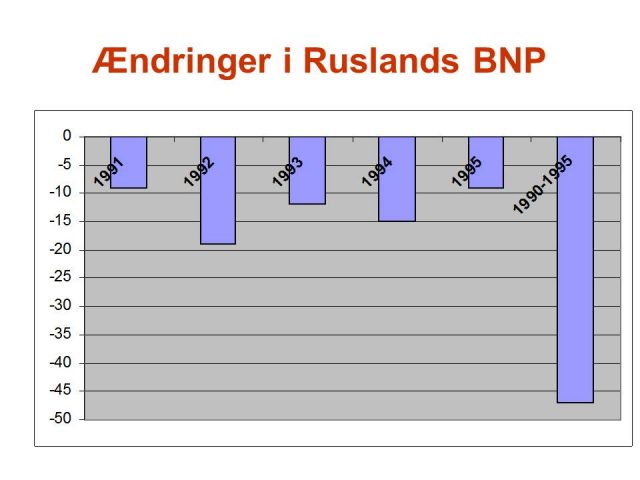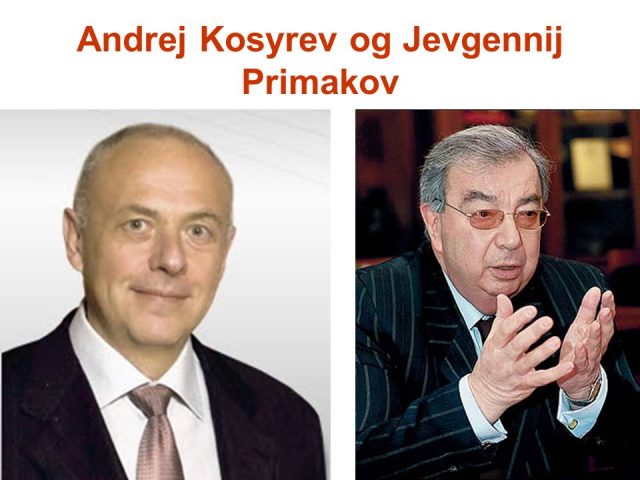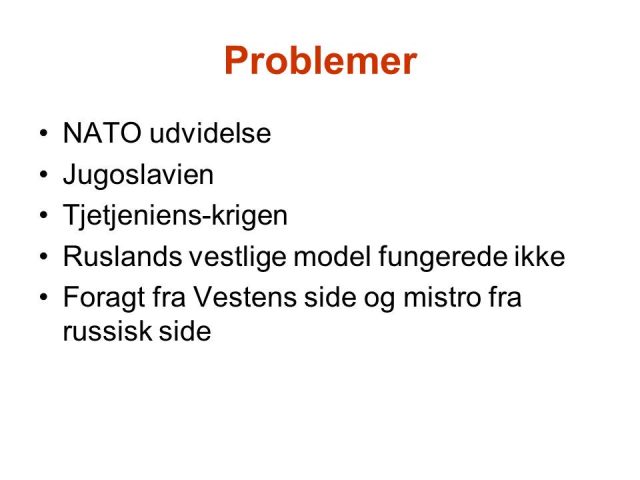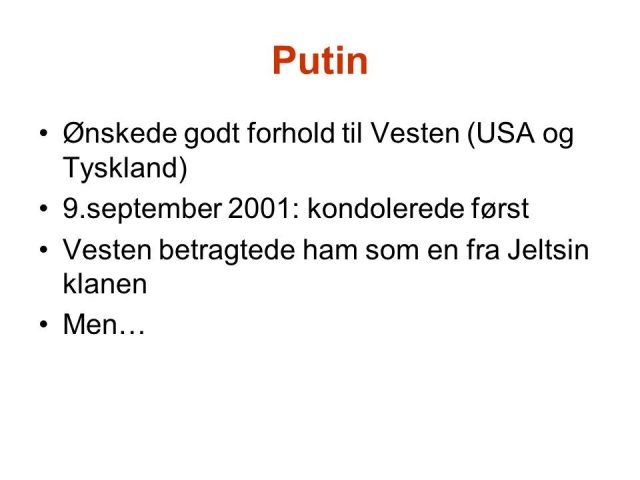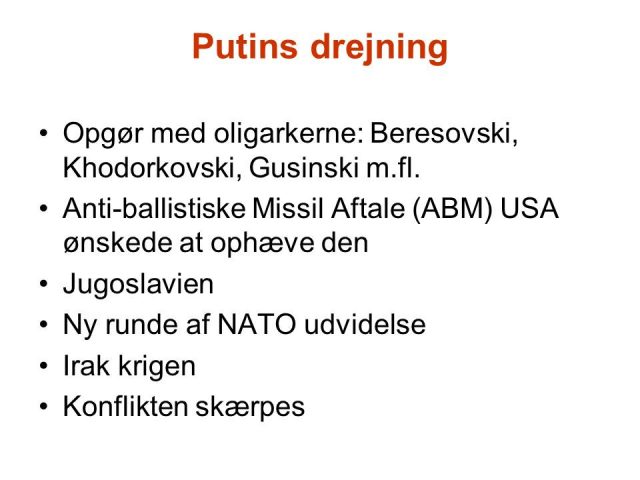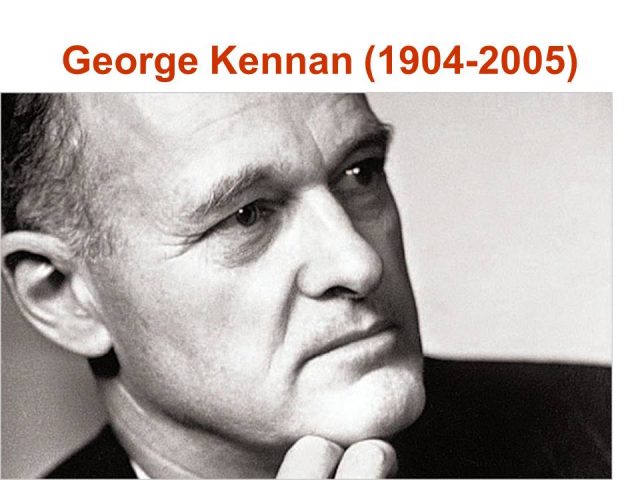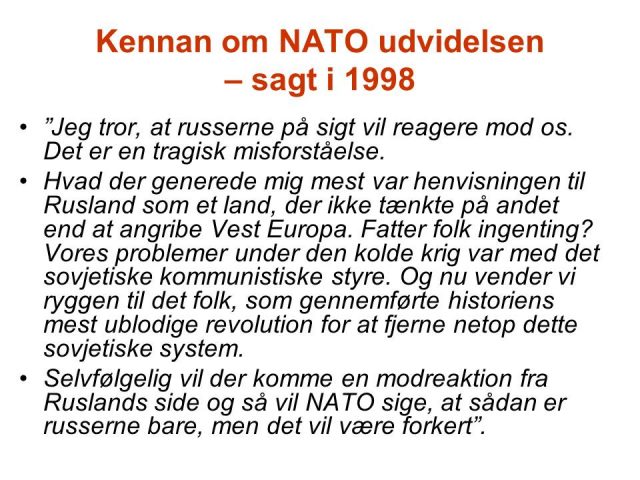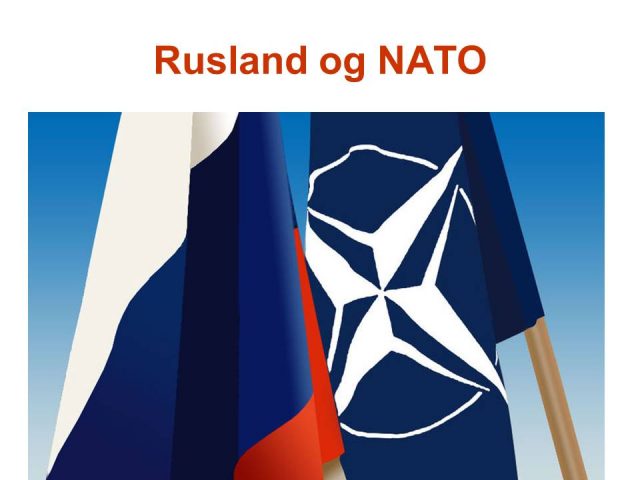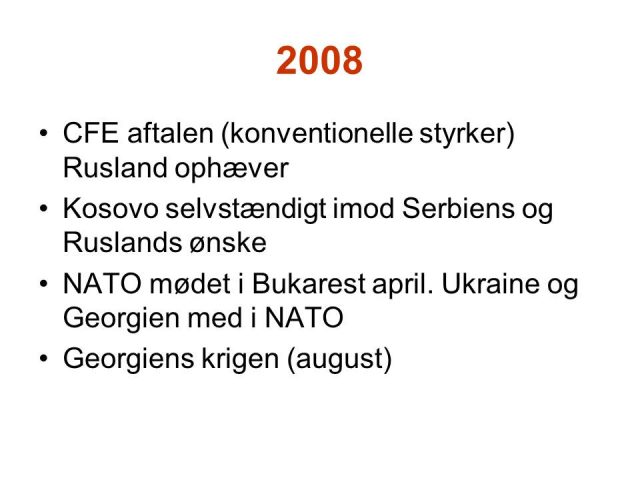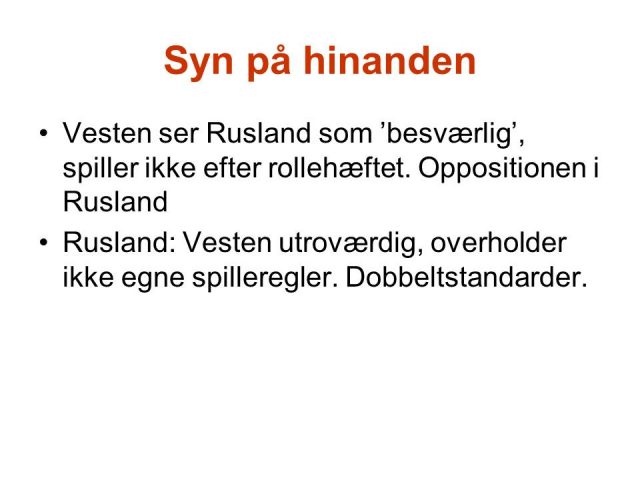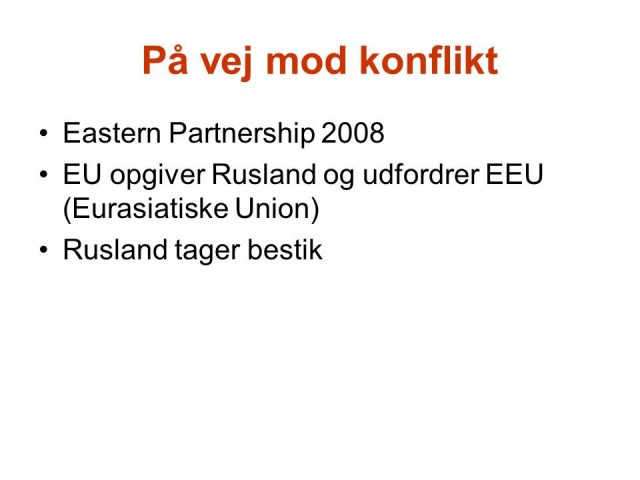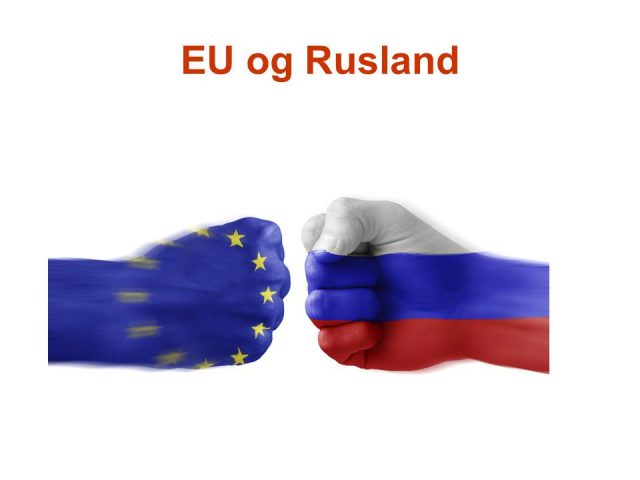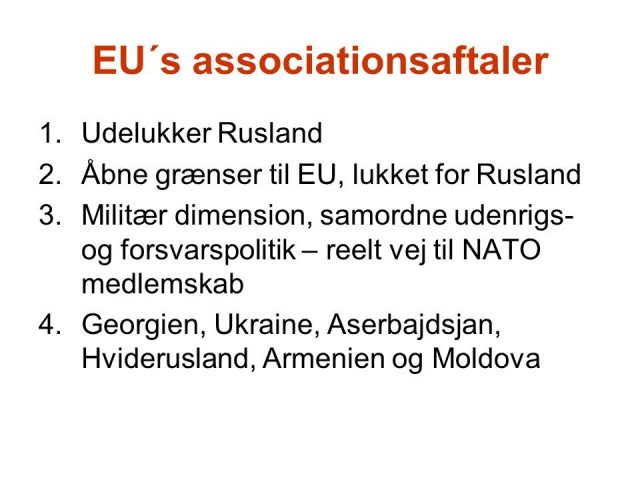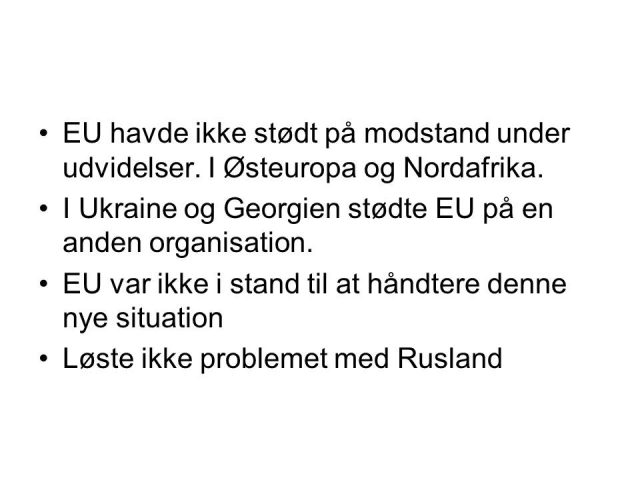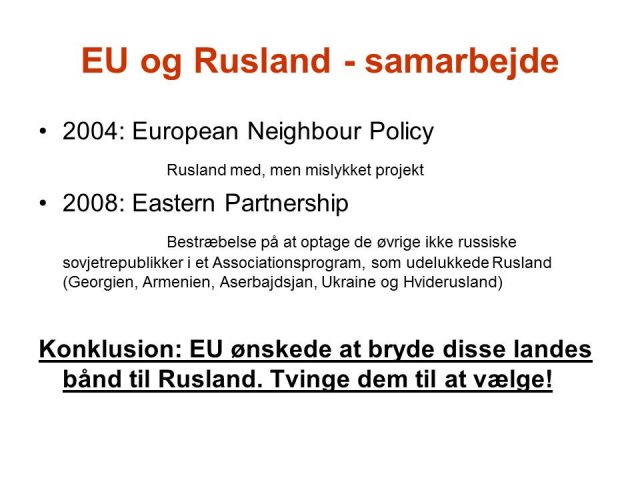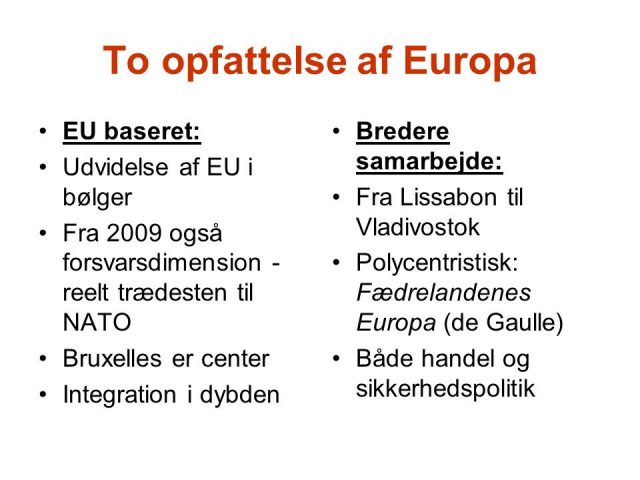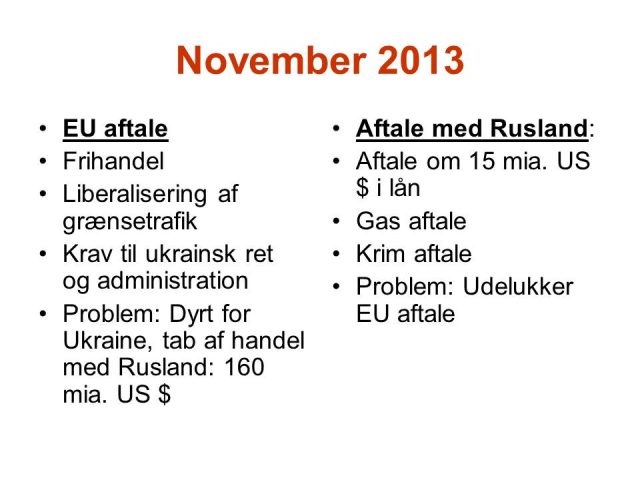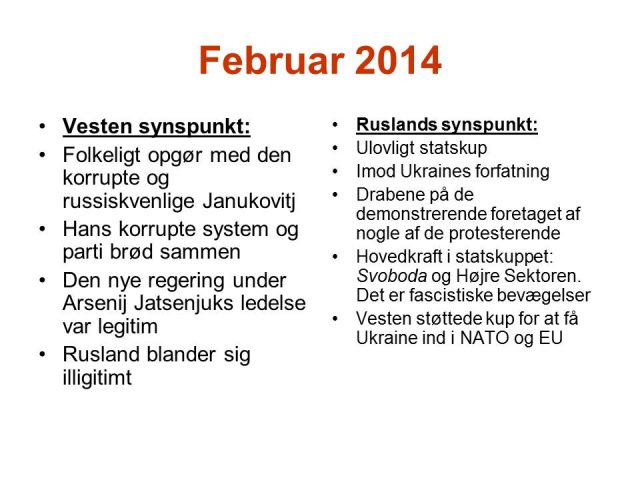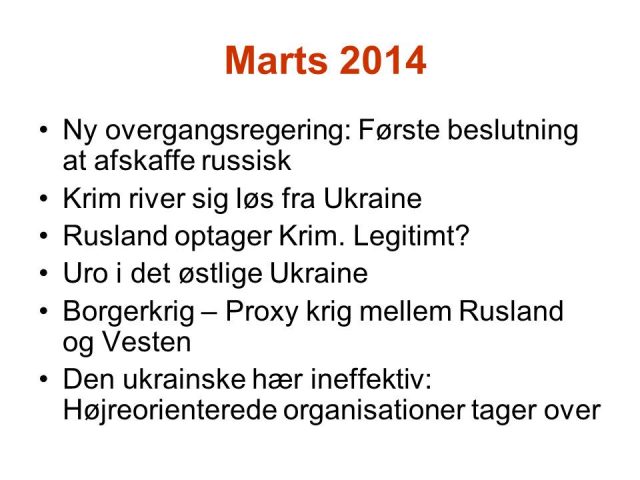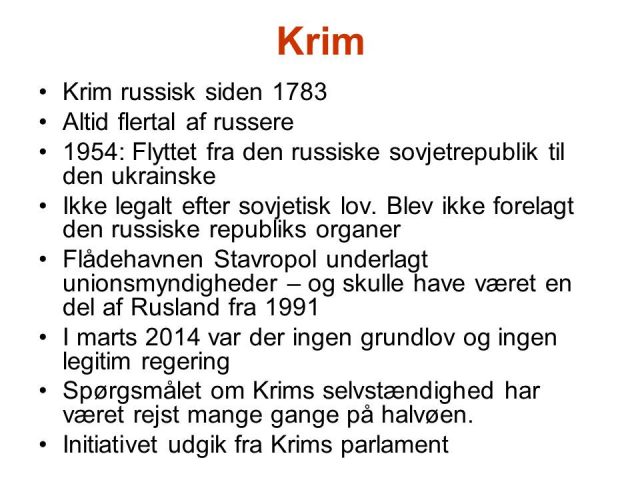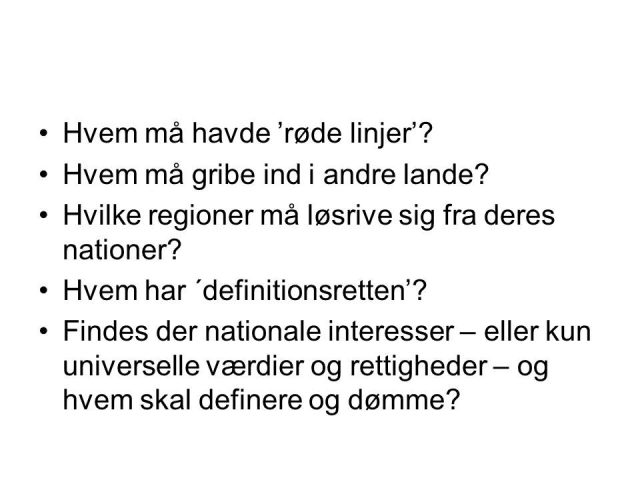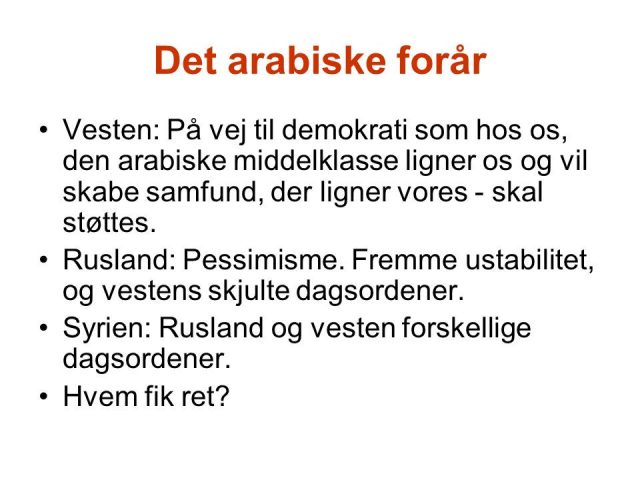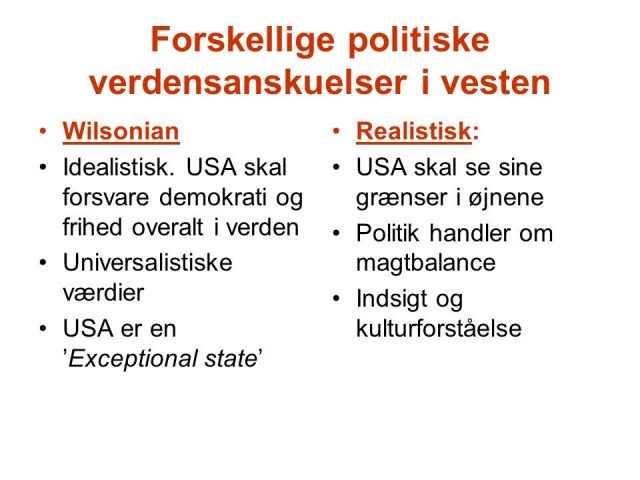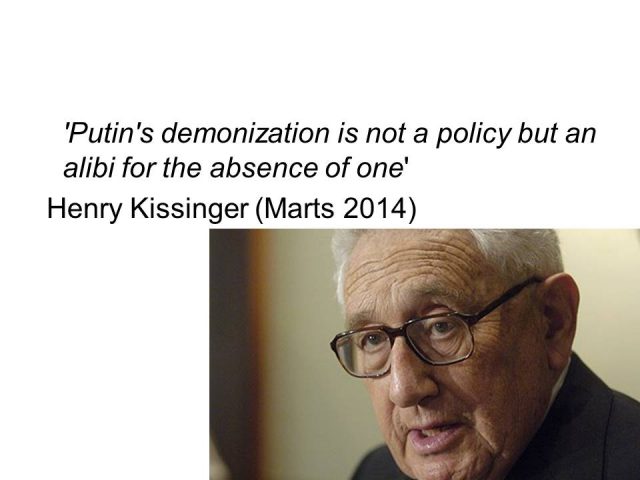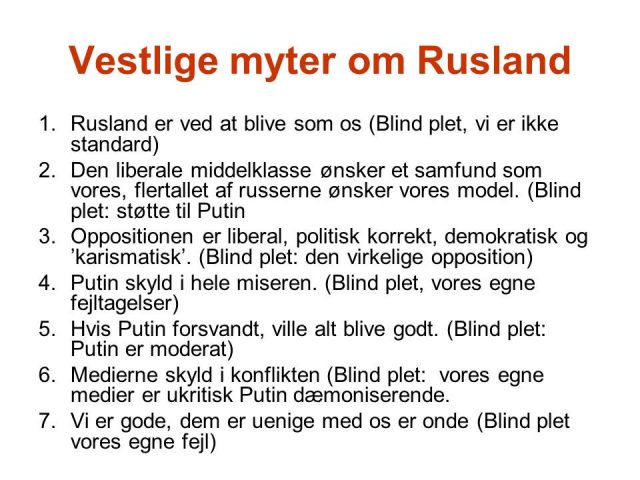Uddrag af LaRouchePAC Internationale webcast, 21. oktober, 2016.
Efterfølgende kan udskrift af hele webcastet læses på engelsk.
Matthew Ogden: Vi vil begynde med en kort gennemgang af verdenssituationen; men vi har også et særligt ’traktement’ til jer i dag, som er at give jer de redskaber, I behøver for at blive de aktivister, som I må være for at gå med i vores presserende mobilisering omkring LaRouches Fire Love.
Men til en start mener jeg, at vi kan bedømme vores situation som følger: Til trods for valggalskaben, som virkelig dominerer den gennemsnitlige amerikaners psyke lige nu, og, tror jeg, som forårsager en hel del psykologisk trauma, så er den virkelige, store historie den, at den globale omorganisering nu skrider frem. Vi ser noget, som er hidtil uset i nyere historisk tid. Denne globale omorganisering af historiske proportioner er åbenlys for alle at se. Den finder virkelig sted langs linjerne af det, som hr. og fr. LaRouche i årtier har ført kampagne for, omkring et nyt, økonomisk og strategisk paradigme for planeten. Dette sås i meget skarpe vendinger, som helt sikkert overraskede mange folk i Obama-administrationen, med den filippinske præsident Dutertes besøg i Kina; hvor han, i meget klare vendinger, meddelte, at han skiftede kurs, og skiftede Filippinernes kurs, hen imod det, han kaldte »Kinas ideologiske strømning«, og ligeledes Ruslands. Dette er blot det seneste i et mønster af lande, der engang ansås for at være solide og indiskutable, amerikanske allierede, og som skifter kurs og kommer på linje med BRIKS, det Nye Paradigme og perspektivet for den Nye Silkevej. Det skal siges, at dette ikke er et spørgsmål om, hvem, der bliver præsident om tre uger eller tre måneder; men det er i virkeligheden et spørgsmål om, hvem, der har været præsident i de seneste syv et halvt år.
Dette er, på trods af alt det, Obama forsøger at gøre krav på, i form af hans store, økonomiske successer osv., Obamas sande eftermæle på verdensscenen. Pointen er, at disse nationer, der ser den disintegration, som nu finder sted i Europa og i det transatlantiske system, samt spredningen af kaos og evindelige krige og terrorisme osv.; disse nationer har set, at der findes et alternativ derude, som nu er fremme på bordet; og det er et både økonomisk og strategisk levedygtigt alternativ, der er vokset frem. De er ved at beslutte at springe med om bord og opgive dette døde og døende system; og i stedet gå med i et nyt paradigme, som klart viser sig at være fremtidens bølge.
Det bør understreges, at dette på ingen måde er en ekskluderende, geopolitisk blok, og heller ikke er en slags forældet geopolitik i kynisk koldkrigs-stil. Som Xi Jinping gentagne gange har sagt, så er dette et fuldstændigt nyt paradigme for internationale relationer, og det er et »win-win«-paradigme; det er noget, som alle kan tilslutte sig, inklusive USA – som Xi Jinping udtrykkeligt har indbudt, under en fælles pressekonference med Obama for næsten to år siden. Obama afviste det; men det betyder ikke, at USA ikke kan gå med i dette nye paradigme.
Det er vores ansvar, og det er vores job at skabe præcis dette dramatiske skift i amerikansk politik. Det bringer os frem til denne afgørende kampagne omkring den mobilisering, som vi nu er engageret i, for at få LaRouches Fire Økonomiske Love vedtaget og sat i kraft, og for at vende tilbage til Alexander Hamiltons principper, som det forklares i hans fire, banebrydende økonomiske rapporter til Kongressen. Vi vil foretage en ny gennemgang af substansen i disse rapporter; og vi vil også præsentere jer for en ny kampagneside på vores handlingscenter (på LaRouchePAC’s hjemmeside), som vil give jer redskaberne til at gå med i denne mobilisering og til at opnå den form for fast baggrund, som I behøver til at aktivere jer selv omkring.
Men før vi kommer til det, så er der et par afgørende udviklinger, der er sket blot inden for de seneste par timer – 24 timer eller mindre – omkring LaRouche-bevægelsens aktiviteter, både her i USA og internationalt. For det første, så er de første rapporter om en begivenhed i Tyskland, der stadig er i gang, ved at løbe ind; et Schiller Institut-seminar, der finder sted lige nu i Essen. Et seminar med 80 deltagere; med folk, der deltager, og med en hovedtale af Helga Zepp-LaRouche, hvor hun understreger denne dramatiske omorganisering og nødvendigheden af, at Europa går med i den Nye Silkevej. Højtplacerede repræsentanter deltog i begivenheden. De navne, vi foreløbig har fået, er: en embedsperson fra den Kinesiske Ambassade i Berlin, Tyskland; en repræsentant fra en førende, kinesisk tænketank, Kinesisk Institut for Internationale Studier; en repræsentant fra Etiopien; og også nogle eksperter fra den teknologiske sektor – en ekspert i maglev-teknologi, en ekspert i laserfysik og flere andre personer af denne kaliber. Vi vil få flere rapporter om begivenheden, og en audio af begivenheden vil blive tilgængelig, forhåbentlig ved dagens slutning, som I kan lytte til.
Der har også fundet en meget spændende begivenhed sted, som foregik i går aftes i New York City; hvor Jason Ross, medlem af LaRouchePAC Videnskabsteam, var inviteret til at fremlægge en meget detaljeret gennemgang af dette Nye Paradigme, den Nye Silkevej, BRIKS-perspektivet og alle de store infrastrukturprojekter, der er i dette program, ved et møde i New York-afdelingen af det Amerikanske Civilingeniør-Selskab. Jason Ross var hovedtaler ved denne begivenhed, med en detaljeret præsentation, før middagen, af udviklingen med Suezkanalen i Egypten, og ligeledes en endnu mere detaljeret gennemgang, efter middagen, af hele perspektivet med den Nye Silkevej og dennes implikationer mht. en potentiel fremtid med Verdenslandbroen. Dette var et meget aktivt forum med nogle højt kvalificerede ingeniører, der var engageret i en meget livlig og aktiv dialog. Så videoen af denne begivenhed vil forhåbentlig også blive tilgængelig på et tidspunkt; og vi vil også have en rapport om dette.
Jeg tror, dette giver jer en forsmag på præcis den form for aktiviteter, som vi hele tiden må være engageret i; og hold jer gevinsten for øje, som er det økonomiske program med LaRouches Fire Love efter Hamiltons principper. For, vi befinder os midt i en historisk omorganisering af globale proportioner, og som vil bestemme fremtiden for den kommende menneskehed.
Jeg tror, vi kan gå over til at diskutere disse ting, og så vil vi også, på et tidspunkt i udsendelsens forløb, præsentere denne nye kampagneside.
Engelsk udskrift:
LaRouche PAC Friday Webcast, October 21, 2016
USE THE ACTION CENTER ON LAROUCHEPAC.COM
TO MOBILIZE EVERYONE — EVEN YOURSELF!
MATTHEW OGDEN: Good evening, it's October 21, 2016. My
name is Matthew Ogden and you're joining us for our weekly
broadcast here on larouchepac.com on Friday evening for our
weekly webcast. I'm joined in the studio by Benjamin Deniston —
my colleague from the LaRouche PAC Science Team; and via video by
two members of the Policy Committee: Bill Roberts from Detroit,
Michigan; and Diane Sare from New York City. We're going to
begin with a brief overview of the world situation; but we also
have a special treat for you tonight, which is to give you the
tools to become the activist that you need to be to join us in
our urgent mobilization around LaRouche's Four Laws.
But just to begin, I think we can situate ourselves as
follows: Despite the election madness which is really dominating
the psyche of the average American right now, and I think causing
quite a bit of psychological trauma, the real story is the global
re-alignment that is now in progress. We are looking at
something which is unprecedented in recent historic memory. This
global re-alignment of historic proportions is obvious for anyone
to see. It really is right along the lines of what Mr. and Mrs.
LaRouche have been campaigning for, for decades, around a new
economic and strategic paradigm for the planet. This was seen in
very stark terms and which certainly caught a lot of people in
the Obama administration by surprise, with the recent trip by
Philippine President Duterte to China; where he announced in very
clear terms that he is re-aligning himself and re-aligning the
Philippines with what he called the "ideological flow of China"
and of Russia, too. I think this is just the latest in a pattern
of countries which were once considered to be solid and
unquestioning US allies, re-aligning themselves with the BRICS,
the New Paradigm, the New Silk Road perspective. It has to be
said that this is not a question of who is going to be President
in three weeks or three months; but this is really a question of
who has been President for the last seven and a half years.
This, despite everything that Obama is trying to claim in
terms of his great economic successes and so forth, this is
really Obama's true legacy on the world stage. The point is that
these nations, seeing the disintegration that's now happening in
Europe and the trans-Atlantic system and the spread of chaos and
perpetual war and terrorism and so forth, have seen that there is
an alternative out there that's now on the table; and it's a
viable alternative that's emerged, both economically and
strategically. They are deciding to jump on board and abandon
this dead and dying system; and rather, join a New Paradigm which
is clearly demonstrating itself to be the wave of the future.
This should be emphasized that this is in no way an exclusive
geopolitical block, or some sort of old, cynical Cold War-style
geopolitics. As Xi Jinping has repeatedly said, this is an
entirely new paradigm of international relations, and it's a
"win-win" paradigm; it's something which everybody can join,
including the United States. Which Xi Jinping explicitly
extended the invitation for, at a joint press conference with
Obama almost two years ago. Obama rejected it; but that does not
mean that the United States cannot join this New Paradigm.
That's our responsibility, and it's our job to generate
precisely that dramatic change in US policy. That brings us to
this crucial campaign around the mobilization that we are now
engaged in to institute Lyndon LaRouche's Four Economic Laws, and
to return to the principles of Alexander Hamilton, as was
elaborated in his four watershed economic reports to Congress.
We will be revisiting those in their substance; and we will also
be presenting you with a new campaign page on our action center,
which is designed to give you the tools to join that mobilization
and to obtain the kind of substantive background that you need to
activate yourself around that.
But before we get to that, there's a couple of very crucial
developments that have occurred just in the last few hours — 24
hours and less — around the activities of the LaRouche Movement
both here in the United States and internationally. First of
all, we are just now receiving the first reports of an event
which is still ongoing in Germany; a Schiller Institute seminar
which is occurring right now in Essen. An eighty-person seminar;
people who are participating in this with a keynote speech by
Helga Zepp-LaRouche, where she emphasized this dramatic
re-alignment and the necessity of Europe to join the New Silk
Road. There were very high-level representatives participating
in this event. The names that we have so far, are: an official
from the Chinese Embassy in Berlin, Germany; an official from a
leading Chinese think tank, the Chinese Institute on
International Studies; a representative from Ethiopia; also some
experts in terms of the technology sector — an expert in maglev
technology, an expert in laser physics, and several other people
of that caliber. We will be receiving more reports on that, and
the audio of that event will be made available, hopefully by the
end of the day today, for you to listen to.
Also, we had a very exciting event that happened just last
night in New York City; where Jason Ross, a member of the
LaRouche PAC Science Team, was invited to present a very in-depth
overview of this New Paradigm, the New Silk Road, the BRICS
perspective, and all of the great infrastructure projects that
are coming out of that program, to a meeting of the New York
division of the American Society of Civil Engineers. Jason Ross
was the featured speaker at this event, with a pre-dinner
presentation in detail on the Suez Canal developments in Egypt,
and also an after-dinner more in-depth overview of the entire New
Silk Road perspective and what this implies in terms of a
potential future with the World Land-Bridge. This was a very
active forum, with some very highly qualified engineers engaging
in a very excited and active dialogue. So hopefully, the video
of that will also be available at a certain point; and we will
have a report on that.
But I think that just gives you a flavor of exactly the kind
of activities that we need to keep engaged in; and keep our eyes
on the prize around this Hamiltonian-LaRouche Four Laws economic
program. Because we are in the midst of an historic re-alignment
of global proportions, which will define the future of humanity
to come.
So, I think we can have a little bit of a discussion on
that, and then we will also present this new campaign page which
I mentioned, at a certain point during this broadcast. We're going to
begin with a brief overview of the world situation; but we also
have a special treat for you tonight, which is to give you the
tools to become the activist that you need to be to join us in
our urgent mobilization around LaRouche's Four Laws.
But just to begin, I think we can situate ourselves as
follows: Despite the election madness which is really dominating
the psyche of the average American right now, and I think causing
quite a bit of psychological trauma, the real story is the global
re-alignment that is now in progress. We are looking at
something which is unprecedented in recent historic memory. This
global re-alignment of historic proportions is obvious for anyone
to see. It really is right along the lines of what Mr. and Mrs.
LaRouche have been campaigning for, for decades, around a new
economic and strategic paradigm for the planet. This was seen in
very stark terms and which certainly caught a lot of people in
the Obama administration by surprise, with the recent trip by
Philippine President Duterte to China; where he announced in very
clear terms that he is re-aligning himself and re-aligning the
Philippines with what he called the "ideological flow of China"
and of Russia, too. I think this is just the latest in a pattern
of countries which were once considered to be solid and
unquestioning US allies, re-aligning themselves with the BRICS,
the New Paradigm, the New Silk Road perspective. It has to be
said that this is not a question of who is going to be President
in three weeks or three months; but this is really a question of
who has been President for the last seven and a half years.
This, despite everything that Obama is trying to claim in
terms of his great economic successes and so forth, this is
really Obama's true legacy on the world stage. The point is that
these nations, seeing the disintegration that's now happening in
Europe and the trans-Atlantic system and the spread of chaos and
perpetual war and terrorism and so forth, have seen that there is
an alternative out there that's now on the table; and it's a
viable alternative that's emerged, both economically and
strategically. They are deciding to jump on board and abandon
this dead and dying system; and rather, join a New Paradigm which
is clearly demonstrating itself to be the wave of the future.
This should be emphasized that this is in no way an exclusive
geopolitical block, or some sort of old, cynical Cold War-style
geopolitics. As Xi Jinping has repeatedly said, this is an
entirely new paradigm of international relations, and it's a
"win-win" paradigm; it's something which everybody can join,
including the United States. Which Xi Jinping explicitly
extended the invitation for, at a joint press conference with
Obama almost two years ago. Obama rejected it; but that does not
mean that the United States cannot join this New Paradigm.
That's our responsibility, and it's our job to generate
precisely that dramatic change in US policy. That brings us to
this crucial campaign around the mobilization that we are now
engaged in to institute Lyndon LaRouche's Four Economic Laws, and
to return to the principles of Alexander Hamilton, as was
elaborated in his four watershed economic reports to Congress.
We will be revisiting those in their substance; and we will also
be presenting you with a new campaign page on our action center,
which is designed to give you the tools to join that mobilization
and to obtain the kind of substantive background that you need to
activate yourself around that.
But before we get to that, there's a couple of very crucial
developments that have occurred just in the last few hours — 24
hours and less — around the activities of the LaRouche Movement
both here in the United States and internationally. First of
all, we are just now receiving the first reports of an event
which is still ongoing in Germany; a Schiller Institute seminar
which is occurring right now in Essen. An eighty-person seminar;
people who are participating in this with a keynote speech by
Helga Zepp-LaRouche, where she emphasized this dramatic
re-alignment and the necessity of Europe to join the New Silk
Road. There were very high-level representatives participating
in this event. The names that we have so far, are: an official
from the Chinese Embassy in Berlin, Germany; an official from a
leading Chinese think tank, the Chinese Institute on
International Studies; a representative from Ethiopia; also some
experts in terms of the technology sector — an expert in maglev
technology, an expert in laser physics, and several other people
of that caliber. We will be receiving more reports on that, and
the audio of that event will be made available, hopefully by the
end of the day today, for you to listen to.
Also, we had a very exciting event that happened just last
night in New York City; where Jason Ross, a member of the
LaRouche PAC Science Team, was invited to present a very in-depth
overview of this New Paradigm, the New Silk Road, the BRICS
perspective, and all of the great infrastructure projects that
are coming out of that program, to a meeting of the New York
division of the American Society of Civil Engineers. Jason Ross
was the featured speaker at this event, with a pre-dinner
presentation in detail on the Suez Canal developments in Egypt,
and also an after-dinner more in-depth overview of the entire New
Silk Road perspective and what this implies in terms of a
potential future with the World Land-Bridge. This was a very
active forum, with some very highly qualified engineers engaging
in a very excited and active dialogue. So hopefully, the video
of that will also be available at a certain point; and we will
have a report on that.
But I think that just gives you a flavor of exactly the kind
of activities that we need to keep engaged in; and keep our eyes
on the prize around this Hamiltonian-LaRouche Four Laws economic
program. Because we are in the midst of an historic re-alignment
of global proportions, which will define the future of humanity
to come.
So, I think we can have a little bit of a discussion on
that, and then we will also present this new campaign page which
I mentioned, at a certain point during this broadcast.
DIANE SARE: Good. Well, I'll just add that what's come out
in the last days is the question of the Obama administration's
obsession with Lyndon LaRouche, through various of the Hillary
Clinton emails that have recently been released. One, LaRouche
is mentioned over 40 times in these emails; in particular around
the question of Obamacare, which is just in its complete meltdown
phase. I think they're trying to cover over the meltdown by
having doctors do 20 times more paperwork than they've already
been saddled with for their Medicare patients. The whole thing
is insane; and what LaRouche had identified was that this was a
program like Adolf Hitler's T4 program to target these so-called
"useless eaters". Ezekiel Emmanuel, Rahm Emmanuel's brother, who
was key in drafting the bill, in some of his writings made it
very clear that in his mind it was a real question; if a person
could not become a fully participating member of society, if they
were suffering dementia or other terminal illnesses, whether it
really was worth trying to save them at all financially, from a
dollar standpoint. What happened — I'll just say to the credit
of the American people — is that in 2009, people may remember,
everybody came out with their pitchforks to skewer their
Congressmen; you had all of these completely raucous town hall
meetings in which the Congressmen were calling the police to
escort them home, because they were so afraid. You had a quality
of fight.
We also saw again a certain quality of fight around the
question of the Justice Against Sponsors of Terrorism Act
[JASTA], where the American people, led particularly by the
LaRouche Movement and the 9/11 Families, made it very clear that
there just are certain things that we are not willing to
tolerate; namely, the cover-up of who was responsible for
murdering Americans on that date, and the death toll in the
aftermath. But I bring that up, because as Matt referenced early
on, there is enormous frustration, fear, and anxiety about the
fact that we have arguably the two worst candidates that we have
ever had in the history of this country; and we've had some
pretty bad ones. People are thinking, "Well, how is this going
to work? This is a disaster."
I think people should also look at themselves, because: 1)
Had Bush been impeached when that was being discussed and was put
on the floor by Kucinich, and Nancy Pelosi took it off the table.
Had Cheney and Bush been impeached for all of their crimes — the
illegal wars, torturing people, and so on — you never would have
had an Obama administration. The fact that Obama has not yet
been thrown out of office, when every single Tuesday he is still
holding meetings to decide who he is going to assassinate with
drones; and somehow this is not considered grounds to throw him
out and frankly put him in prison or put him in the criminal wing
of a mental institution or something. In other words, that's the
cause of this crisis, not the so-called people who are before us
now in the elections.
What we've seen in Manhattan is a shift; I think it's
dawning on people that perhaps if they want to change things,
they should start by changing themselves and changing the level
of their understanding and their thinking about what it means to
be a citizen in the United States. We've started reading
Alexander Hamilton's original papers, which are posted now on the
website: "Report on Public Credit"; "Report on a National Bank";
"On the Constitutionality of a National Bank"; and "Report on the
Subject of Manufactures". [We’re doing this] as a way of
qualifying ourselves to shape the policy of the nation. This is
very important, because the United States in this way is
relatively unique; that is, the citizens of the United States do
have an enormous amount of power, which is not the same as what
you have in parliamentary systems. The citizens are able, if
they are informed, to cause policy to be changed.
That's why Obama's and Hillary's advisors were so freaked
out about Lyndon LaRouche. Because LaRouche has demonstrated a
capacity through what he termed "the power of reason" to move the
American people. We saw that with the concerts on September 11th
in memory of the 9/11 attacks; and we're seeing that now. So, I
think this is a very important factor not to be left out of the
equation in terms of the shift which is occurring globally in the
direction of the BRICS. Probably Bill or someone will something
[to say] about the situation in the Philippines, which I think is
remarkable in that regard, but we are absolutely I think in a
pre-revolutionary situation in the United States; and it's up to
us to put it in the proper domain.
BEN DENISTON: Because it's coming up now, I think it's
really worth just emphasizing for our viewers, for our
associates, for our activists that this issue around Mr.
LaRouche's role in the Obama campaign is just typical of what
makes Mr. LaRouche and our movement so unique. Mr. LaRouche
acted in the future; he didn't respond, he didn't wait for the
kill lists to come out. He didn't wait for Obamacare to be fully
demonstrated as it's being demonstrated now with people's rates
going up; the care people are getting is collapsing. Even Bill
Clinton, who's been completely shackled under the Hillary/Obama
policy, came out saying this thing is insane and then backed down
from that when he was asked about it; but it's on video, you can
see it. [LaRouche] didn't wait for that; he came out right way
and didn't just say it was going to be bad. He said, "This is a
Hitler policy." He forced the issue {before} it came up. And
the reason why we put the Obama administration on its heels from
Day One, is because Mr. LaRouche took the lead; and didn't say,
"Oh, well this is the first black President, so we have to be
polite. He's a Democrat, so we have to be polite." He said,
"No, we can see now, this guy's going to implement a killer
policy, so we're going to call him out on the principle, on the
hardest level of the reality of what he's doing. This is a Hitler
healthcare policy. We're going to force the issue, and take the
fight to him right up front." That's what makes our Movement
effective. We act in the future, we don't wait for events to
come, and respond to them. We act on what the future is going to
be and what it needs to be.
I think that's a really important precedent for what we're
facing right now, again, in this insanity around the "election
process," this Jerry Springer Show repeat of these "debates."
We're not responding to that. We're responding to the future, to
reality, what we're talking about with the world {shifting},
completely towards China's leadership on this New Paradigm, on
the absolute necessity for LaRouche's Four Laws for this
Hamiltonian program to save the United States.
Those are the issues that are going to shape the future, not
responding to how ridiculous these debates are, who's saying
what. [With] the level of insanity going on in the United States
right now, it's worth instilling in people a sense of how you
actually fight to change history. It's this kind of process. It's
taking the lead, based on where history is moving, where society
is moving, what are the actual underlying principles driving the
process forward? — and acting on those, acting on the future,
not responding.
Mr. LaRouche is mentioned in the Hillary Clinton emails.
That's no surprise. He came out, right out front, and forced the
issue, and drew the line, and that's been a critical factor in
ensuring the Obama administration didn't go full-scale Hitler
policy, even though they've gone that [way] to a very large scale
across many domains — healthcare, foreign policy, etc. But
that's leadership! That's what we're doing. That's why people
need to drop everything and work with our Movement more closely
and really get involved in our campaign, especially on this
Hamiltonian program. Because that's what's going to matter. Not
who has the best commentary on what's happening today, or
yesterday, or last week, but who's got an idea for where we need
to go and how to make that happen.
OGDEN: The other thing that you can measure, in terms of
what the Obama Presidency has been, is how much closer to World
War III are we right now, than we were when Obama entered office.
If you look at the progression of history since the overthrow and
killing of [Libya’s Muammar] Qaddafi, and the spread of that
policy throughout North Africa and the Middle East, and the
attempt to do the same thing in Syria and elsewhere, {how much
closer we actually are}, right now, to an eruption of what would
become, in a very short period of time, thermonuclear war. And
this is being acknowledged by {everybody}, I mean [former
President of the Soviet Union Mikhail] Gorbachov, Kissinger,
people who you would not necessarily expect. It's a very
dangerous prospect.
Americans should {resent} the fact that they're really being
{set up} by this election campaign, where there is a new
McCarthyism almost which is being instituted against the American
people, where if you question the no-fly zone [proposal for
Syria] or this Russia bashing propaganda or any of these
policies, then you are automatically classified as "Oh well, you
must be a Trump supporter," which is a ridiculous. Americans
should {resent} that kind of situation, and should say, "No!
Absolutely not. Not in our name. We do not accept being used and
manipulated into this kind of new Cold War, but really World War
III kind of program." It must be said that over the last 7-1/2
years, we have gotten perilously close to that threat. Again, Mr.
LaRouche was quite outspoken and quite explicit on that from the
very beginning. As soon as the Libya invasion happened, and as
soon as the death of Qaddafi occurred, Mr. LaRouche was on record
saying this is taking us down the slippery slope towards World
War III.
BILL ROBERTS: I would also emphasize that there have been
important Presidential elections. There have been Presidential
figures who were effective such as Franklin Roosevelt, largely
because their Presidential campaigns were actually used to create
a current of real leadership in the population to be ennobled and
encouraged to fight. We haven't had an election like that for
years. There hasn't been a figure like that running for
President. Mr. LaRouche ran, literally, all of his [Presidential]
campaigns in this way, to educate and build up a constituency for
policies.
Obviously [the current] election process is the complete
opposite. It's a psychological warfare operation on the
population. But we have an opportunity to create and educate the
kind of current of citizenry that can actually win the policy
fight, despite how insane this election is. This should be one of
the lessons of what Putin has effectively done, what Xi Jinping
[has done], this entire BRICS process. We have to actually build
up a capacity within the population to respond, now, on the basis
of knowing exactly what to do, to implement an economic solution.
That's the Fourth Branch of government. That is the sense in
which Mr. LaRouche actually has been the Presidential figure
during this period. These emails, the process that's been
unleashed in the BRICS, has largely come out of Mr. LaRouche's
and Helga's life's work to educate the world on the principles of
economics, real economic development. Americans just have to be
encouraged to locate their responsibility and their duty in
something which is much, much higher that just voting in an
election. That doesn't require any courage at all. The fight for
ideas {does} require a little bit of courage, because we have to
challenge people to face their fears and confront the crisis that
requires specific qualities of ideas.
OGDEN: Along the lines of exactly that "quality of ideas,"
our last two webcasts, here, the previous two Fridays, have been
focused around Mr. LaRouche's Four Economic Laws, and Alexander
Hamilton's four economic reports. We've really encouraged you, as
Diane said I think very correctly, "to qualify yourself as a
leading citizen in this campaign." And the way that you can
"qualify yourself" is to use that material to educate yourself
and to also engage in a mass-education process of the rest of the
American people.
The average American citizen of that time, who Benjamin
Franklin proudly referred to as the "Latin farmer," was a very
literate, classically educated individual, who understood the
essential questions of the revolution, and prided themselves in
that. Hamilton educated those Americans about his ideas. He used
{The Federalist} letters. He used the media of his day — the
print media and otherwise.
We're using the media of our day to do exactly the same
thing. That's what the LaRouche PAC website has been. It's been a
hub for that kind of self-education, and mass-education. The
community coming together around that kind of process,
nationally, is carried in the LaRouche PAC Action Center. On the
Action Center, we are proud to announce the launch, today, of a
new tool for you to use in that regard, and we're going to have a
little bit of a guided tour led by Ben Deniston, of this new
campaign page on our Action Center. This is on the
LaRouche-Hamilton Four Laws. We're going to walk you through that
here, but we also encourage you to immediately, on your own, get
onto this website, to sign up, and to be an active participant in
this new educational hub.
DENISTON: We should be able to pull up the webpage for
people directly, so they can see it. What you'll see, if you're
newly visiting to the site, is right at the very top we have a
banner, advertising this new campaign page Action Center. This
could be, as Matt said, the hub, the mobilization center, to get
this policy through. If you don't see this banner, we will have
it featured in many other ways, including LaRouche's 4 Laws under
Our Policies. You can see this takes you immediately to a new
page, which is the landing page for this new campaign. Right
away, we're encouraging people — yourself, if you haven't done
so already, but if you have, encourage your friends, your
colleagues, your neighbors to do so — to sign up, to join the
mobilization. If you know LaRouche PAC, we're not just a news
service to throw things out to you; we're not just a commentary
service; we're a political {action} committee. We're putting the
emphasis on {action} in political action committee, and we're
asking {you} to make sure you get involved.
We're doing stuff all around the country. Manhattan is a
major center of activity. We're leading the fight. But we also
have activity from around the nation, getting congressmen, labor
unions, state legislators, whatever groups, farm groups, all
kinds of organizations, on board in support of LaRouche's
economic reform program. We're asking you to get involved in that
process. Help make it happen, take action yourself. And its
starts here — on this page.
If you return to the page, we can see that, right away,
there are three main sub-pages to this main landing page. On the
far left we see What You Can Do. If you simply click on that,
again, we're encouraging people to sign up, because the most
effective action activity is going to be in coordination with us,
nationally and, really, internationally. Again, we're running a
top-down coordinated campaign on this.
But there's a series of measures that are being taken around
the country, and we're asking you to take also. There's a major
push to get elected officials on board with this, obviously.
There are bills to reinstate Glass-Steagall in both the House and
the Senate. That is a very straight-forward and easy task that
you can get your congressman to do — sign on to those bills, and
then push them to go farther, to understand the whole Hamiltonian
campaign. We'll get into that in a second. Intervene into local
meetings. Write a "Letter to the Editor." Under Print and
Distribute, we're going to feature, here, some leading material
which you can print out and take to these meetings and organize
with. So, these are some of the many things you can do.
If you return back to the landing page, on the right side,
we're encouraging people to engage in a real social dialogue
around your activities. So, Report Back. We're going to be having
some breaking reports coming in, in just the coming days and
week. We've got some of the activity that Jason Ross was involved
in, which will be featured here, as was reported earlier. There's
other activity from Kansas, on major support from the Kansas
State Cattlemen's Association, in support of Glass-Steagall, and
LaRouche's program. Which is just a good illustration. If you go
out and organize these groups, people recognize that we need this
kind of reform, and we can bring these kinds of organizations on
board in support of this. So here is going to be our location to
report back, to comment on reports, to engage in discussion about
the campaign and the activity you are doing.
Essential to this whole thing is the relevant background and
material you need to understand this campaign and to organize
around it. So, as you'll see, linked all over this page and the
sub-pages, including right here on the main landing page, the key
document is Mr. LaRouche's Four Laws paper. If you haven't read
this yet, this is a priority to read. You can access it directly
from here. It is a relatively short, very dense, very
well-composed presentation of the necessary program, in its
entirety. And it's the source of these Four Laws, four
components, but as Mr. LaRouche presents it. If you understand
the necessity of this program, it's not four separate elements;
it's one policy, rooted in one scientific understanding of
economics. Something rooted in Hamilton's work and developed
further by Mr. LaRouche in his work. This is obviously the
central document to this entire campaign; and you can find it
linked all over the page.
If you want more background, we have plenty of resources on
"Know the Full Story". Some background on the crisis; again, Mr.
LaRouche's Four Laws paper linked multiple times. And then
relative background on each of the Four Laws. So, some of the
background needed for Glass-Steagall, for example; information
about the bills that currently exist in the House and the Senate.
Other resolutions and support for Glass-Steagall from all over
the country and internationally; if you haven't seen that, it's
quite impressive — the whole level of support already. And
other relevant background, including some of the Obama campaign's
lies about Glass-Steagall; their Wall Street lies that it has no
relevance to the crash. Something you've properly heard spread
throughout the media. We debunk these kinds of things. The
fraud of the Dodd-Frank issue, etc. So again, relevant material
for people who are really organizing around this.
Regarding the second policy point of Mr. LaRouche's Four
Laws — a Hamiltonian national banking system, again, we have
relevant background information for you here. Mr. LaRouche's own
writings on the subject of national banking and credit, here and
featured in other locations, we have Alexander Hamilton's own
four reports to Congress; which as was mentioned by Diane and
Matthew, are a major focus of educating the American people on
the needed program today. So again, we encourage to go directly
and actually read these reports; study them. If you have
questions, or you want to get more information, engage with us.
The point is, we need people to understand the real roots of
American economics as Hamilton developed it and presented it; as
it was the founding core of our nation; and as Mr. LaRouche has
developed it to further degrees in the present period. This is
what's needed in its entirety today. Additional background on
how this Hamiltonian program has been brought to bear at multiple
points in the history of the United States: under John Quincy
Adams; under Abraham Lincoln; in certain degrees, under Franklin
Roosevelt operating under the constraints he could work in at the
time. It's no secret to people who really know American history,
that this policy has returned repeatedly in any period of
economic recovery or upsurge. That's what's needed today.
Regarding the role of credit as Mr. LaRouche defined it,
specifically for the increases in the productive powers of labor
and the increases of energy flux density, we have some relevant
background material to understanding Mr. LaRouche's science of
physical economics and the role of credit in increasing these
critical metrics of real human economic progress. So,
understanding Mr. LaRouche's concept of energy flux density,
understanding Mr. LaRouche's concept of the productive powers of
labor, this information is all available here for you to study;
some in video format, some in written form. I would even
highlight Mr. LaRouche's own 1984 economics textbook, {So, You
Wish To Learn All About Economics?}; which is an excellent source
to understand the real science of economics as it is needed to be
understood today.
And the fourth point, Mr. LaRouche highlights a science
driver program for fusion power and space exploration. Again,
some background work from Mr. LaRouche directly on these
subjects; relevant material on fusion power; the role of a fusion
driver program for the economy — why this is critical. And
similarly with space; why the space program is a critical
component to driving the economy forward.
So, I would just restate that while we break down here
relevant background material for each of these four laws, these
four components, it is one program as Mr. LaRouche presented it.
What we're doing here is presenting you with secondary, tertiary
background material to understand all the elements. But the
challenge we have before us is this Hamiltonian conception; we
have to educate the American people on this Hamiltonian-LaRouche
conception of real economics. Most people probably know —
especially viewers of our channel, our website — there is major
support for Glass-Steagall out there; it's massive. It's moving
forward; it's been moving forward, and that's critical. But that
along is not enough. Just Glass-Steagall alone is an absolutely
indispensable step, but it's only a step; it's a component of the
whole program. We need to cut off Wall Street; we need to
separate speculation from the financial system; we need a stable,
regulated commercial bank system. But, we need to actually
utilize that with a Hamiltonian program, with a National Bank,
with public credit to actually drive increases in the economy.
If we don't do that, we're not going to make it as a nation.
Glass-Steagall alone will not do that; it requires the
understanding that Hamilton understood. We need to increase the
productivity of the labor force; we need to increase the energy
flux density of the economy as a whole; and people need to know
the science underlying these policies.
I think we have a multi-faceted, but unified campaign here;
leading with Glass-Steagall as the first step, but then building
support among these people who support these reforms around a
real science of what it's going to require to grow again. We
need real growth; we need real leaps in the productivity, the
value created by the US economy, by the US labor force. We have
a wide-open opportunity to join with China, Russia, other
nations, in collaborating around those kinds of programs; but
it's going to require that shift in the United States to
recognize that's where we need to go.
So, we have this new campaign page; it's an Action Center
location, it's a place for you, the activist, the members of the
LaRouche PAC to get involved in making this full Hamiltonian
program known to the American people. Make it so you understand
all the elements integrated in their totality yourself, and you
can organize other leaders in your community — from regular
citizens all the way up to Federal elected officials around this
program.
Just to reference back to some of the discussion, we're
acting in the future; this is what needs to happen in the future.
This is what you need to take action on now to shape where this
country goes; not responding to the insanity that's currently
called the news cycle, but getting active in shaping the future
of the country. That's what makes this movement unique; that's
what gives us the chance to save this country at this late hour.
We would encourage you to get on these pages, to share these
pages; to get intimately connected to them and understand them.
And to get more involved in this campaign.
OGDEN: To accomplish this, we need to create the qualified
leadership. This is not something where you can depend on
somebody else to do this; you can't depend on the "political
class" — so-called — to accomplish this. We are going to need
to create a citizens' intelligentsia; and there is work that
needs to be done. As Ben just went through, all the tools are
available to you. You can attend these Congressional town hall
meetings; you can set up with your Congressional offices in the
districts and in Washington. You can write letters to the
editor; this is a very important institution in the United
States. Share your ideas with a mass-based readership of your
local newspaper, or national newspapers; and communicate the
substance of these principles — the Four Laws and the
Hamiltonian economic reports. You can set up house meetings to
read Hamilton's papers in their entirety. We've already begun
that process in Manhattan; there are weekly meetings now, every
Saturday, where some of the leading activists and leading
citizens in Manhattan come together and read these Hamilton
reports and discuss them, and discuss their implications for
today. What's wonderful is that these are largely the same
activists who were involved in the presentation of the Mozart
{Requiem} on the anniversary of 9/11. We are witnessing the
creation of this citizens' intelligentsia — a qualified
leadership for this country who are going to take the
intellectual responsibility to develop the knowledge they need to
exert the kind of leadership that's necessary.
I might invite Diane to just say a little bit more about
this process of these weekly readings in Manhattan, as a model
for what can happen elsewhere in the country.
SARE: I know some people have discussed organizing such
readings; and I think that would be absolutely appropriate,
because that is in a sense, how the American Revolution was
organized. In small circles of people discussing ideas; and it
is how Alexander Hamilton organized the republic with his
{Federalist Papers} with his collaborators John Jay and others.
I also just want to say, because part of the attempt to
intimidate and demoralize the American people is this big
promotion of this nonsense about Obama's great popularity and his
brilliant legacy of — as he himself puts it — "the greatest
economic recovery ever to happen in memorable recorded history of
mankind and civilization in general". Which no one is
experiencing whatsoever. And as far as his great surge in
popularity, the override of his JASTA veto in the Senate was 97 –
1; I would not say that 1 out of 100 constitutes a great spike in
popularity.
I do think this case of the Philippines, I want to bring it
up because it's significant. The Philippines, as people may
know, is not a particularly large or powerful nation. It's had a
special relationship with the United States, which had been
better when Douglas MacArthur was living. The President has just
said to the US, "No, I am shifting our relationship to China.
We're not going to have a special relationship with the US
anymore; it's going to be with China, and with Russia." What can
the United States do about this? Absolutely nothing; we have
nothing to offer. All we have is a lunatic who is having his
Vice President on his behalf and on behalf of the dying British
Empire, make threats about covert cyber-war attacks on Russia.
Of course, Ed Snowden asked the relevant question — maybe
someone should explain what "covert" means to these idiots. I
think Americans should really take heart. There is no reason for
you to be suffering, except a decision to go along with this
crap. As we inform and educate ourselves as to what the Founding
Fathers actually intended with our republic, which is that
knowledge which is the bedrock of Lyndon LaRouche's life's work;
which he has taken to even higher levels in the realm of physical
science and physical economy. That's our power; that's our
strength.
And in these last two weeks before this dreaded election,
when it's clear to everybody that we are the best hope of the
United States, we should just be organizing. I think that
webpage looks fantastic; that is a great resource. So, we should
make use of it; everyone watching should forward it to all your
friends and neighbors. Take this material and get on the warpath
a little bit. There's no need to sit back and take this. And by
all means, you certainly don't have to vote for either one of
these idiots. So, I think it's a great moment of opportunity;
and the shift is being led right now by Putin and Xi Jinping and
Lyndon LaRouche. We are the leaders of that in the United
States; and that's really your role and our role right now.
OGDEN: Wonderful! So, I think that's sufficient for today.
Again, please become an active member of this new community that
we've set up with its hub on the LaRouche PAC Action Center.
There will be a free flow of ideas; report back, there's a field
there where you can type in your reports. We want to share these
with as many people as we can to just sort of inspire people as
to what are the kinds of things that can be done. There's
probably new ideas out there that haven't even been thought of
yet, but there's a lot that can be done right now. All of the
material is available; this is something that you can use to pull
your friends into this orbit and lift people up out of the swamp
of this psychological trauma of this election period. You can
inspire people and say, "No. Don't become cynical; don't become
demoralized." We have a lot that we can do. This is an historic
and potentially wonderful time in human history; it is a
pre-revolutionary kind of situation on a world scale. This is
your tool in order to become an active part of that.
So again, it's on the LaRouche PAC Action Center, there's a
big banner right on the top of the larouchepac.com website right
now. You can access it right there. Please, sign up. You will
receive updates and become part of the network; you can join the
Thursday Fireside Chat activists' calls; share your ideas, ask
questions to leading members of the LaRouche Political Action
Committee. You can receive daily emails; you can receive the
weekly updates from LaRouche PAC in your email inbox. You can
subscribe to both the LaRouche PAC Live and the LaRouche PAC
videos YouTube channel. Just get everything that you can, and
become an active member. You can expect some reports, I think,
from this historic seminar that occurred today in Essen, Germany
that was sponsored by the Schiller Institute; so please stay
tuned to the LaRouche PAC website for that, and for that numerous
other developments that we don't even know yet to have occurred.
But I'm sure that there will be a lot that will change over the
coming days and weeks.
Thank you very much for watching today. We look forward to
seeing you on the LaRouche PAC Action Center. Stay tuned to
larouchepac.com, and good night.
